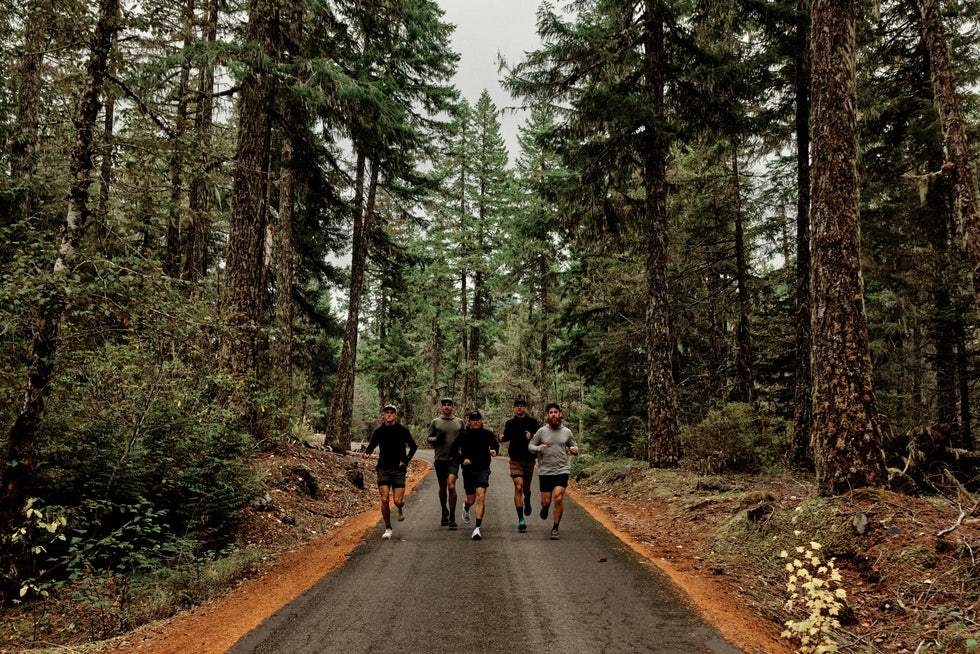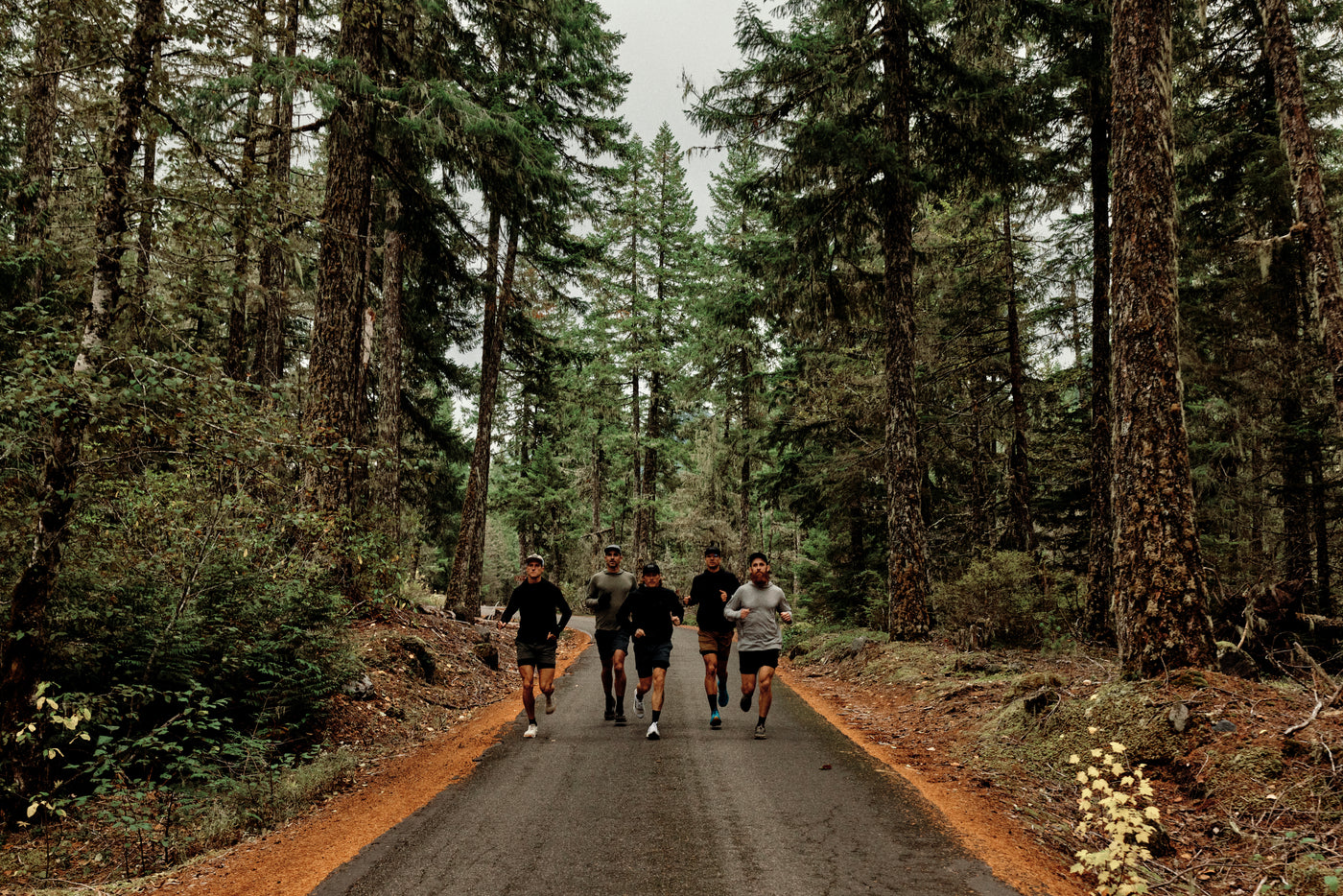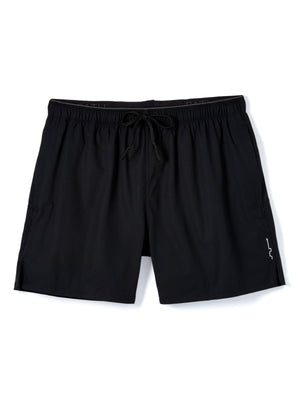
Written by Sara Obacz.
Running big miles is no joke. When you’re out for long periods of time, you want to optimize how you feel and perform, don’t you?
Think of your body like your car; you probably fill up the gas tank on a regular basis, every 5-10k miles you’ll change the oil, and you maybe take it for a tune up once a year. You want to maintain it well so it can continue taking you from point A to point B.
The same holds true for your body. What you put into it and when matters. Here are three fueling topics that commonly get overlooked by runners:
PROPER INTRA-RUN FUELING

If you’re out for 90 minutes or more, bring snacks! Did you know that glycogen stores in muscle tissue and your liver will only carry you for the initial 60-90 minutes, assuming you are running around 55-75% of your maximal heart rate?
Ideally, you will want to aim for 30-60 grams of carbs per hour, depending on the length and intensity of your run. If you’re out for more than three hours, 60-70 grams per hour would be better recommended. Your intra-run snacks should be low in fat and fiber to allow for easy and quick digestion.
If you want to get REALLY nerdy about it, aim for options that are a combination of glucose and fructose. The rate of glucose absorption is limited by the capacity of transporters in your intestine, fructose uses different transporters, so consuming both takes advantage of two different transport mechanisms simultaneously.
The bottom line – you increase the capacity for carb absorption while decreasing the risk for gastrointestinal discomfort. And do yourself a favor, get this sorted well before race day! The last thing you would want to do is try something new on a big day and have things take a shitty turn (lol).
CARB LOADING

A very well-known concept, but typically done wrong. Carb loading the night before a big run or a race is NOT enough to fill your glycogen stores to the brim.
For carb loading to be effective and help you run your best, it needs to be started 3-6 days before. Aim for 5g/lb body weight while limiting fiber and fat, especially the night before and the morning of your big event. Bear in mind this doesn’t necessarily mean eating more calories, just shifting the balance to being more carbohydrate-focused.
TOPPING UP THE MICROS

Big runs are taxing on your body, so it makes sense that you’re going to deplete certain reserves. Making sure all your micronutrient levels stay topped up can not only improve performance but also aid in injury prevention.
Vitamin D – Essential for bone health to avoid loss of bone mineral density and minimize the risk of stress fractures. Deficiencies are common with vitamin D, as getting enough from food, even with a balanced diet, is challenging. How to get more? Supplementation and sunlight.
Iron – Plays an important role in oxygen transport and energy production. It is depleted through footstrike, training at high altitudes, and sweating. In other words, it is worth keeping an eye on, as less iron means lower work capacity. How to get more? Red meat, leafy greens, beans, nuts, seeds, and some fortified grains.
Zinc – Assists in carb metabolism, muscle repair, and immune function. How to get more? Dairy, meat, shellfish, and breads/cereals.
Magnesium – This one deserves extra TLC as it’s involved in energy production, carb utilization, cardiac output regulation, and electrolyte balance. How to get more? Whole grains, leafy grains, dark chocolate, nuts, fish, dairy and meat.
One final recommendation for all athletes is to take an accurate assessment of your current nutrition to help identify any gaps. A simple way to do this is to log a normal week of eating in MyFitnessPal and check out what your caloric intake, macros, and micros look like across a series of days. More often than not, the numbers will be surprising and will give you a great start to tightening some screws around your nutrition.
_
Sara Obacz is a nutritionist, sports performance specialist, and elite level CrossFit and endurance athlete. She offers meal planning, macro coaching, remote personal training and more for athletes looking to optimize their performance across a wide range of domains. You can get in touch with her on her Instagram @wizzzardofoz or via email at sobacz@ualberta.ca






